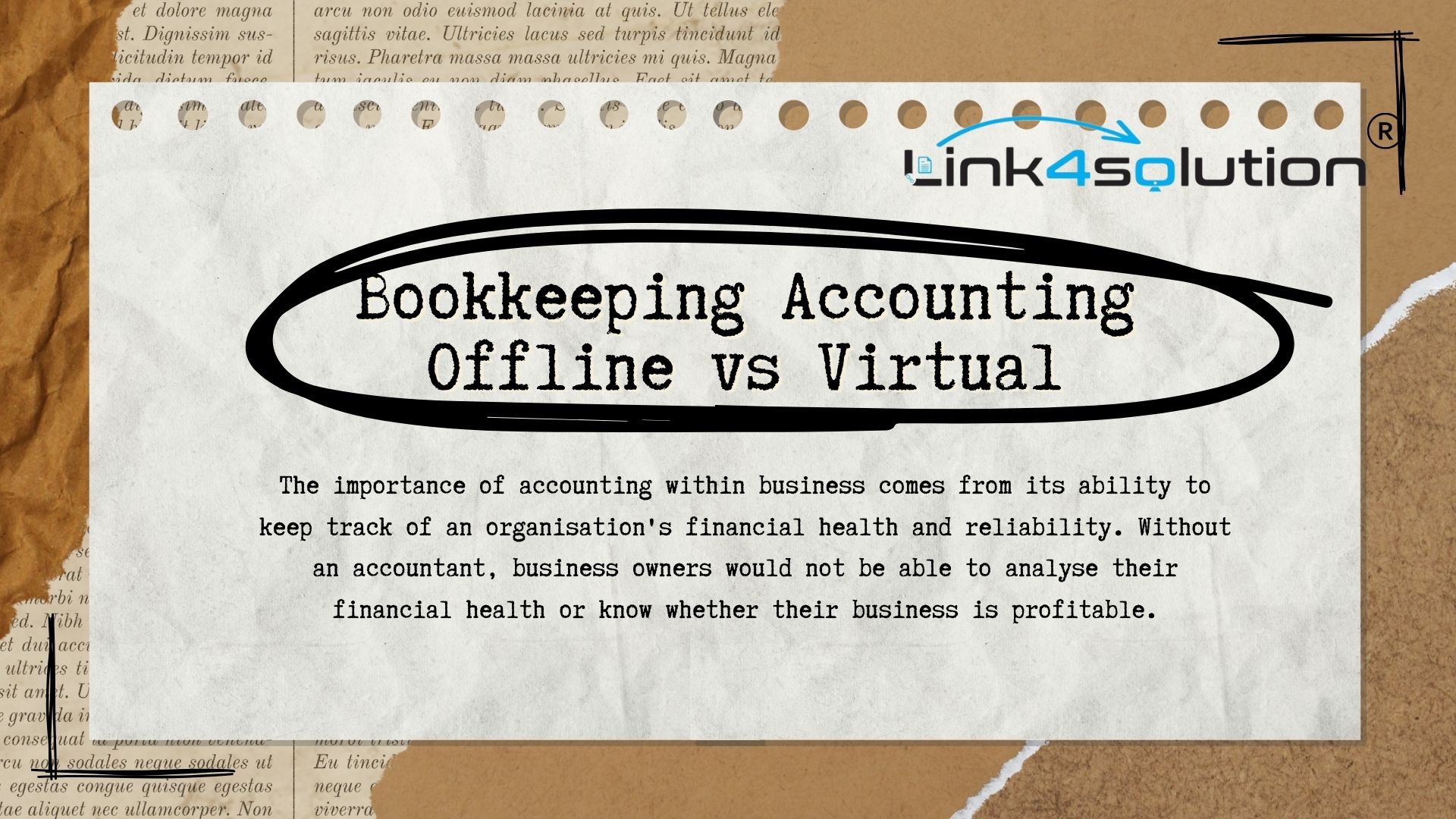Introduction
In the realm of business, effective financial management is critical, and this is where accounting and bookkeeping come into play. This article delves into the distinctions, benefits, and key factors to consider when choosing between virtual and offline methods.
Differences Between Online and Virtual Services
Virtual accounting services leverage cloud-based platforms to enhance efficiency and provide immediate access to financial data. They automate various tasks, thereby reducing errors and freeing time for strategic planning. Additionally, these services enable collaboration among team members. However, their reliance on consistent internet connectivity and potential cybersecurity risks are notable drawbacks.
Conversely, offline accounting involves traditional record-keeping with physical documents. This method offers a sense of control and is particularly advantageous in areas with limited internet access. The downside is the lack of immediate updates and a higher susceptibility to manual errors.
Purposes of Virtual and Offline Services
Virtual accounting services are designed to modernize and streamline financial operations. They provide the advantages of real-time data access, automated processes, and scalability. Furthermore, these services enhance data accuracy and security. Offline methods, in contrast, are characterized by their physicality and are preferable for businesses facing internet limitations or requiring specific data privacy. They allow for bespoke record management and act as a failsafe backup system.
Conclusion
The decision between virtual and offline accounting is contingent upon each business’s unique requirements, technological capabilities, and preferences. Virtual systems excel in efficiency and adaptability, whereas offline approaches offer a sense of security and personal control. Businesses need to consider their size, industry, and growth prospects. Sometimes, a hybrid model that amalgamates the strengths of both might be the optimal solution. A thorough evaluation will assist businesses in choosing a path that aligns best with their financial management objectives.




